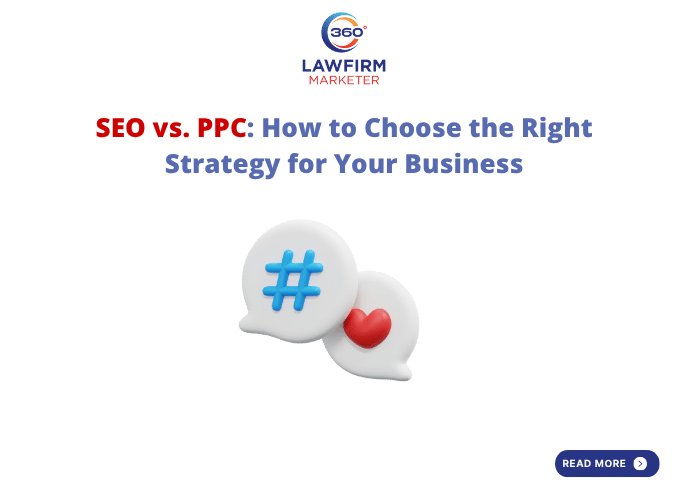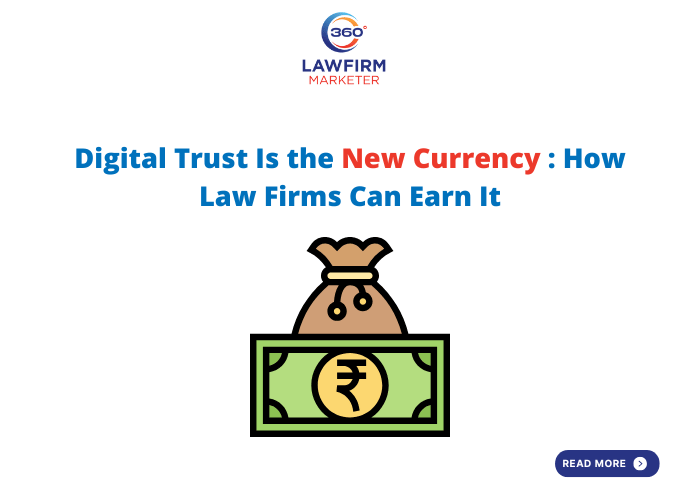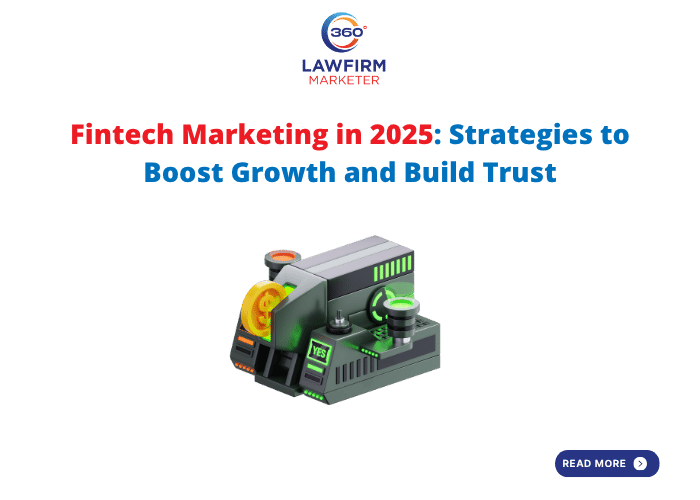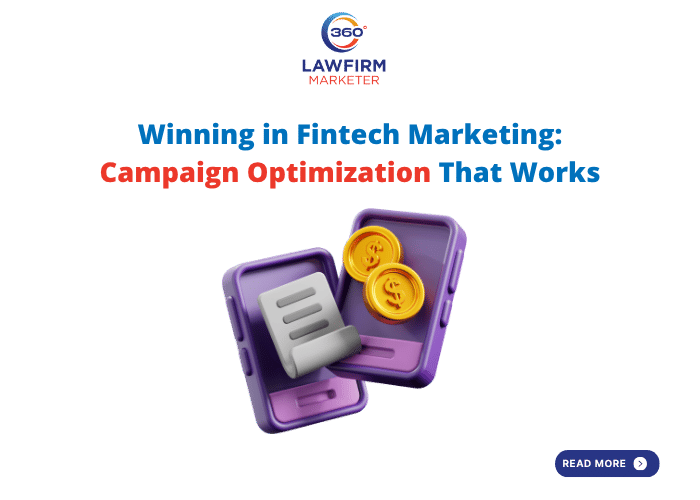
When it comes to driving traffic and leads in the digital age, two of the most talked-about strategies are Search Engine Optimization (SEO) and Pay Per Click Advertising (PPC). While both aim to put your business in front of people when they search online, their mechanisms, costs, timelines, and risk profiles differ significantly. Understanding their strengths and limitations can help you choose (or blend) them in a way that fits your goals, budget, and timeframe.
If you’re looking to master these strategies, enrolling in the Best Digital Marketing Institute in Ahmedabad can provide hands-on training and the latest tools used by professionals in the field. Additionally, for professionals aiming to expand their strategic knowledge, pursuing a business development certification can be a smart move to align marketing efforts with broader business goals.
Below, I explore the pros, cons, and best use cases for SEO and PPC and offer guidance on how to decide which is “best” for you.
What Is SEO and PPC?
SEO: Organic Search Optimization
SEO involves improving your website’s visibility in the organic (non-paid) search results. This includes on-page elements (content quality, keywords, meta tags), technical SEO (site speed, mobile responsiveness, site architecture), and off-page SEO (backlinks, domain authority, social signals). One often overlooked but powerful element of local SEO is optimizing your Google Business Profile, which can significantly boost your visibility in local search and map results. Over time, with consistent effort, a site can climb higher in search results for relevant keywords without paying per click.
PPC: Paid Search Advertising
PPC, most commonly via platforms like Google Ads or Bing Ads, allows you to bid on relevant keywords and have your ad appear above or alongside organic search results. You pay each time someone clicks your ad (hence “pay per click”). Because PPC gives you immediate visibility, many businesses use it to accelerate traffic and leads.
SEO vs PPC: Key Differences, Pros & Cons
Here’s a comparative breakdown:
Feature | SEO (Organic) | PPC (Paid) |
Speed of results | Slow to moderate may take months | Immediate ads can show within hours |
Cost per click | Free (but requires effort/time) | You pay per click, budget determines reach |
Longevity / residual effect | High rankings can sustain leads | Only while you invest; traffic stops once you pause |
Control & targeting | Moderate limited to content & optimization | Very high control over demographics, schedule, budget |
Trust / perception | Often trusted more seen as “organic” | May be ignored by some users accustomed to clicking non-ads |
Risk | Moderate algorithmic changes can shift ranking | Risk of wasted spend if ad targeting or copy is poor |
Best for | Long-term brand building & sustained inbound traffic | Fast entry, testing new markets, promo campaigns |
Pros & Challenges of SEO
Pros:
- Once you rank, you get continuous free traffic.
- It builds credibility and brand authority over time.
- Lower cost in the long run (you’re not paying per visitor).
- Works well for content marketing, blog strategy, and thought leadership.
Challenges:
- SEO takes time often 3–6 months (or more) before measurable gains.
- It requires ongoing effort: content creation, site upkeep, link building.
- Google and other search engines frequently update algorithms, which can impact ranking.
- Highly competitive keywords often require sophisticated strategies and resources.
Pros & Challenges of PPC
Pros:
- Instant visibility you can launch campaigns and get clicks immediately.
- Targeting is precise you can choose geographic, demographic, device, time-of-day targeting.
- Easy to test you can quickly A/B test ad copy, landing pages, and offers.
- Scalable you can increase spend to scale up traffic quickly.
Challenges:
- It can be expensive, especially in competitive verticals.
- No traffic after you stop running ads.
- Requires constant optimization to avoid wasted spend (poor keywords, low conversion).
- Ad fatigue or banner blindness can reduce effectiveness over time.
When to Lean on SEO, When to Use PPC, and When to Use Both
Use SEO When:
- Your goal is long-term, sustainable traffic and broader brand visibility.
- You have a moderate-to-low budget but can invest effort (time, content, optimization).
- You are in a competitive niche where organic authority is critical.
- You want to build content assets (blogs, guides) that attract and engage over time.
Use PPC When:
- You need fast results e.g. for a product launch, seasonal campaign, events, or promotion.
- Your sales cycle is short and you want to capture immediate leads.
- You want to test keywords, offers, or markets before investing heavily in SEO.
- You have the budget to pay for each visitor but are confident in conversion optimization.
Use Both (SEO + PPC Hybrid Strategy)
- For many businesses, the optimum lies in combining both. PPC provides immediate visibility while SEO works in the background to build organic authority.
- In practice, PPC can give you data (which keywords convert, what ad copy works) that informs your SEO content strategy.
- Use PPC to “cover” top priority keywords until your SEO rankings catch up.
- Switching or pausing one channel can be risky; a hybrid approach cushions you.
How to Decide: A Step-by-Step Checklist
- Define your goals clearly
Are you aiming for short-term conversions (sales, leads) or long-term brand equity and organic reach? The former favors PPC; the latter leans SEO. - Evaluate your budget and tolerance for risk
PPC gives control but requires ad spend. SEO requires more patience and consistent investment. If budget is tight, SEO might be safer; if you can afford testing, PPC might accelerate impact. - Understand your industry’s competitiveness
In high-cost-per-click niches (e.g. insurance, legal, finance), PPC may be extremely expensive. Organic rankings are often more sustainable. But in less competitive niches, PPC might be very effective. - Analyze your sales cycle and customer journey
For impulsive purchases, PPC’s immediacy works well. For considered purchases (research-heavy), SEO content (blogs, comparisons) may nurture leads better. - Review your existing assets and resources
Do you have a strong content team, technical resources, or backlink relationships? If yes, SEO may be more feasible. If not, PPC’s lower barrier to launch may suit you. - Test with a pilot campaign
Start with a small PPC campaign in your niche to see how cost per acquisition behaves. Simultaneously, begin SEO efforts. Track which keywords convert and use that insight to invest more. - Measure and iterate
Use analytics and attribution tools to track ROI per channel. Over time, reallocate budget and resources toward what works best for your business.
Common Mistakes & How to Avoid Them
- Putting all eggs in one basket: Relying solely on SEO or PPC can leave you vulnerable. A balance gives flexibility.
- Ignoring conversion optimization: Driving traffic is useless without optimized landing pages and a smooth funnel.
- Neglecting mobile optimization: Most searches now happen on mobile; ensure your site (and ads) perform well on smaller devices.
- Focusing purely on “vanity metrics”: Rather than traffic or impression counts, track leads, sales, cost per acquisition (CPA), and ROI.
- Letting PPC run unmanaged: Regular review and optimization (keyword pruning, bid adjustments, ad copy testing) are essential.
- Underestimating SEO maintenance: Once you rank, you still need to maintain content, update algorithm changes, and sustain link acquisition.
Final Thoughts: Which Is Best?
There’s no universal answer that “SEO is better” or “PPC is better.” The right choice depends on your goals, budget, time horizon, and industry dynamics. In many cases, the best approach is a blended strategy where PPC gives you quick wins and learning, and SEO builds the foundation for lasting organic reach. If you’re looking to dive deeper into these strategies, enrolling in a digital marketing training in Ahmedabad can provide valuable insights and practical experience. For those specifically focused on search engine optimization, there are dedicated SEO classes in Ahmedabad that offer in-depth knowledge and hands-on learning to sharpen your skills.




